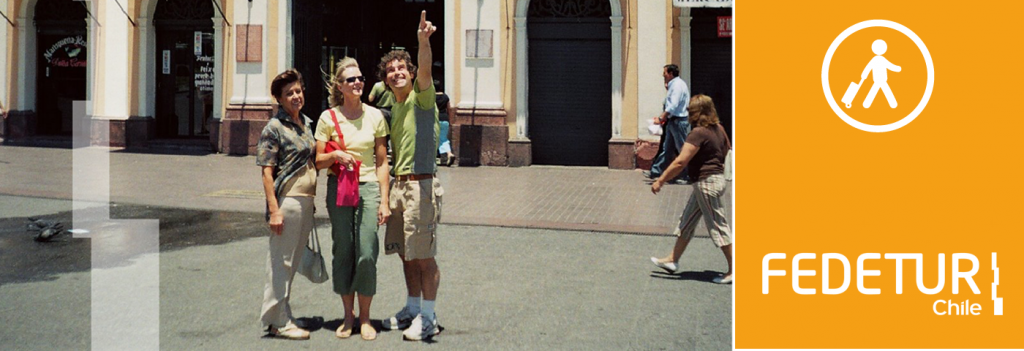by Fedetur
There is lot of talk nowadays about the transformation of the tourist, who is a product of the incorporation of technology and the growing awareness of sustainability, both of which are key factors to remaining attractive in terms of what is being offered. For this reason it is unthinkable today not to satisfy the most basic need of the tourist: to provide them with information at all stages when planning their trip (before, during and after), particularly in the second phase when technology facilitates the acquisition of unpredictable information, and so enables different situations to be dealt with. In their turn, the tourist 3.0 has a greater social and environmental awareness, which is why they are looking for new experiences that they enjoy sharing, mainly in social networks.
Tourism generates economic and social benefits that help boost the economy of a destination and it is an important source of income for many countries. But it also generates negative impacts that have direct repercussions on natural and cultural resources, an aspect that the federation has detected. This is why it recognizes the importance of reducing and mitigating the negative impacts of its activities and including sustainability as a strategy for conserving our cultural and natural heritage for future generations. We know that our main asset is our natural resources and that is why measures must be urgently taken that allow both industry and tourists to care for what we have that is most valuable.
A destination’s infrastructure is an essential component in this context that frames much of the tourist experience. This is due to the variety of industries that are closely involved in tourism, particularly the accommodation, food, transport and entertainment sectors. These types of industry are fragmented and although some cannot survive without tourism, there are others that do not depend only on this sector. Each society must make the best decisions to ensure the well-being and quality of life of its citizens. This involves complex options where above all, and today more than ever, the impacts of any work should ideally consider its economic, social, cultural and environmental aspects. Even when the infrastructure is developed purely with a view to tourism, it plays a wider social role that benefits local people and improves their quality of life. In this context, “accessibility” is an issue in which our infrastructure has failings and this is obviously reflected in the sector also. That is why it is important to consider infrastructure in all areas in order to generate more opportunities and more benefits for tourists and society in general.
